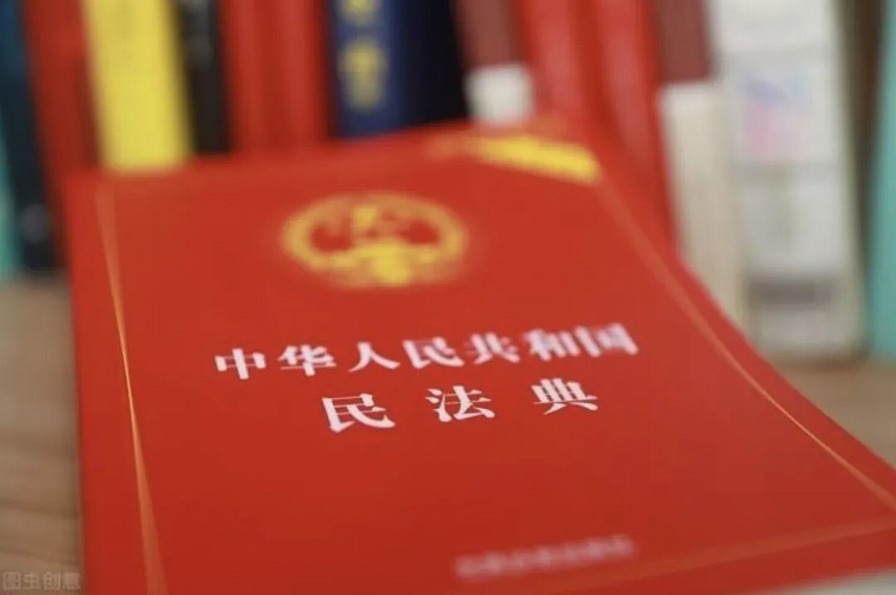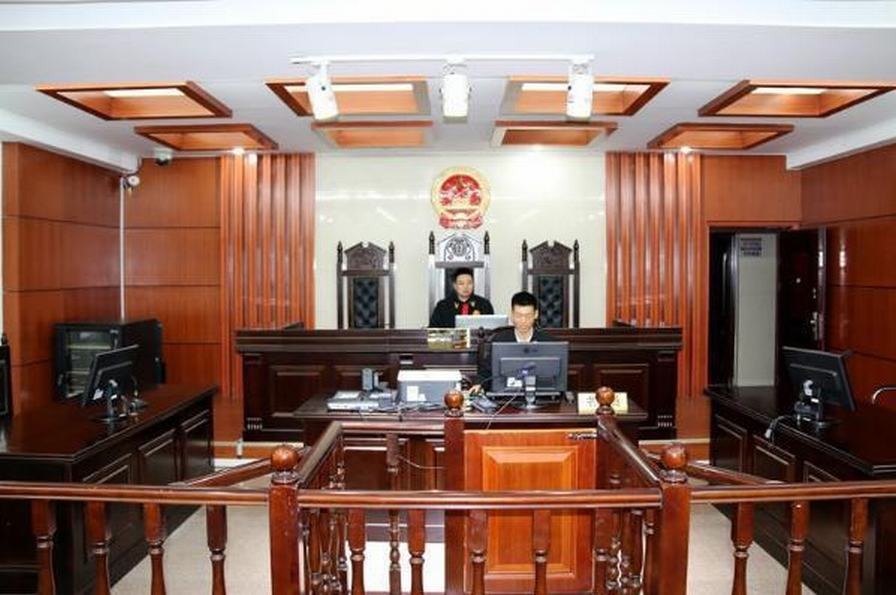
Contract fraud refers to the act of deceiving another party in a contractual relationship for the purpose of unlawfully obtaining property or other benefits, typically involving false representations, concealment of facts, or abuse of trust.
From the perspective of a senior legal counsel, addressing a user's inquiry about contract fraud entails a comprehensive analysis across five key dimensions:
Definition and Elements of Contract Fraud: To establish contract fraud under Chinese law, several elements must be present: (a) intent to defraud, (b) false statements or concealment of facts related to the subject matter of the contract, (c) causing property loss to the victim, and (d) illegal acquisition of property or other interests. The Criminal Law of the People's Republic of China (中华人民共和国刑法) in its Article 224 clearly stipulates the crime of contract fraud and its penalties, distinguishing between different severity levels based on the amount defrauded.
Criminal Liability: Individuals found guilty of contract fraud can face severe criminal punishments, including imprisonment and fines. According to Article 224 of the Criminal Law, fraud involving large amounts (e.g., over 50,000 RMB) can lead to imprisonment from three years to ten years, while extremely large amounts (e.g., over 500,000 RMB) can result in sentences over ten years or even life imprisonment, along with fines.
Civil Remedies: Apart from criminal sanctions, victims of contract fraud have civil remedies available, such as claiming compensation for damages or seeking the rescission of the fraudulent contract. The Contract Law of the People's Republic of China (中华人民共和国合同法) and the General Principles of the Civil Law of the People's Republic of China (中华人民共和国民法典) provide the legal basis for these remedies, emphasizing the principles of good faith and fairness in contractual relations.
Evidence Gathering and Proof: Successfully pursuing a case of contract fraud requires robust evidence, including but not limited to written contracts, communication records, financial transactions, and witness testimonies. The Criminal Procedure Law of the People's Republic of China (中华人民共和国刑事诉讼法) outlines the procedures for gathering and presenting evidence, ensuring the rights of both the accused and the victim are protected during investigation and trial.
Preventive Measures: To avoid falling prey to contract fraud, businesses and individuals should conduct thorough due diligence on counterparties, verify credentials, seek legal advice before signing contracts, and include anti-fraud clauses within contracts. Additionally, staying updated with the latest legal developments, such as amendments to the laws mentioned, is crucial for effective prevention.
In conclusion, contract fraud is a serious offense under Chinese law, entailing stringent criminal and civil liabilities. Understanding its legal definition, the avenues for redress, and adopting preventive strategies form the cornerstone of safeguarding against such fraudulent activities. Remaining vigilant and well-informed about one's legal rights and obligations is essential in today's complex business environment.










